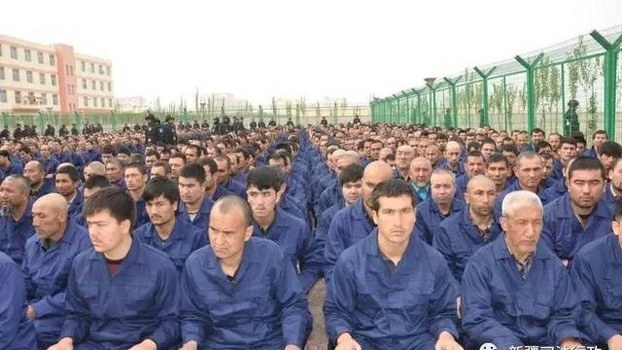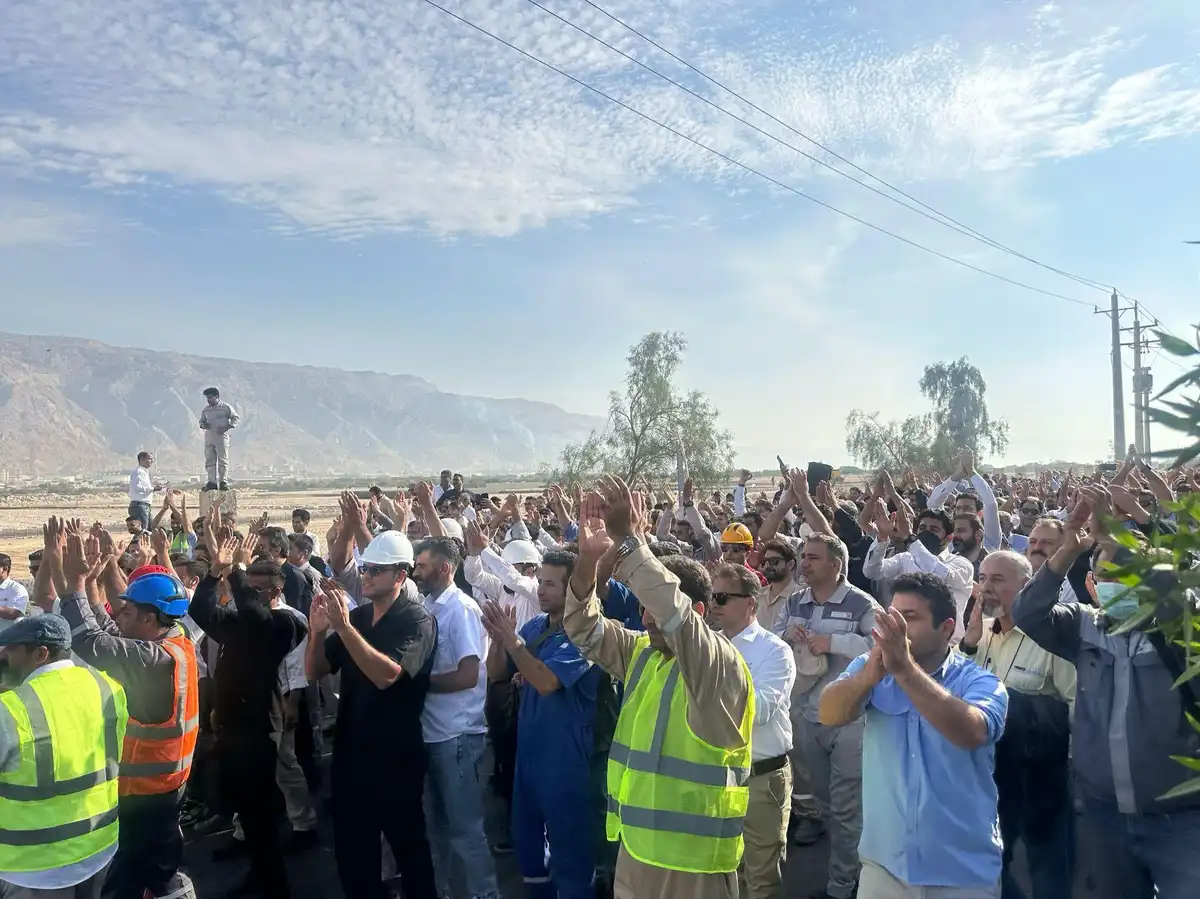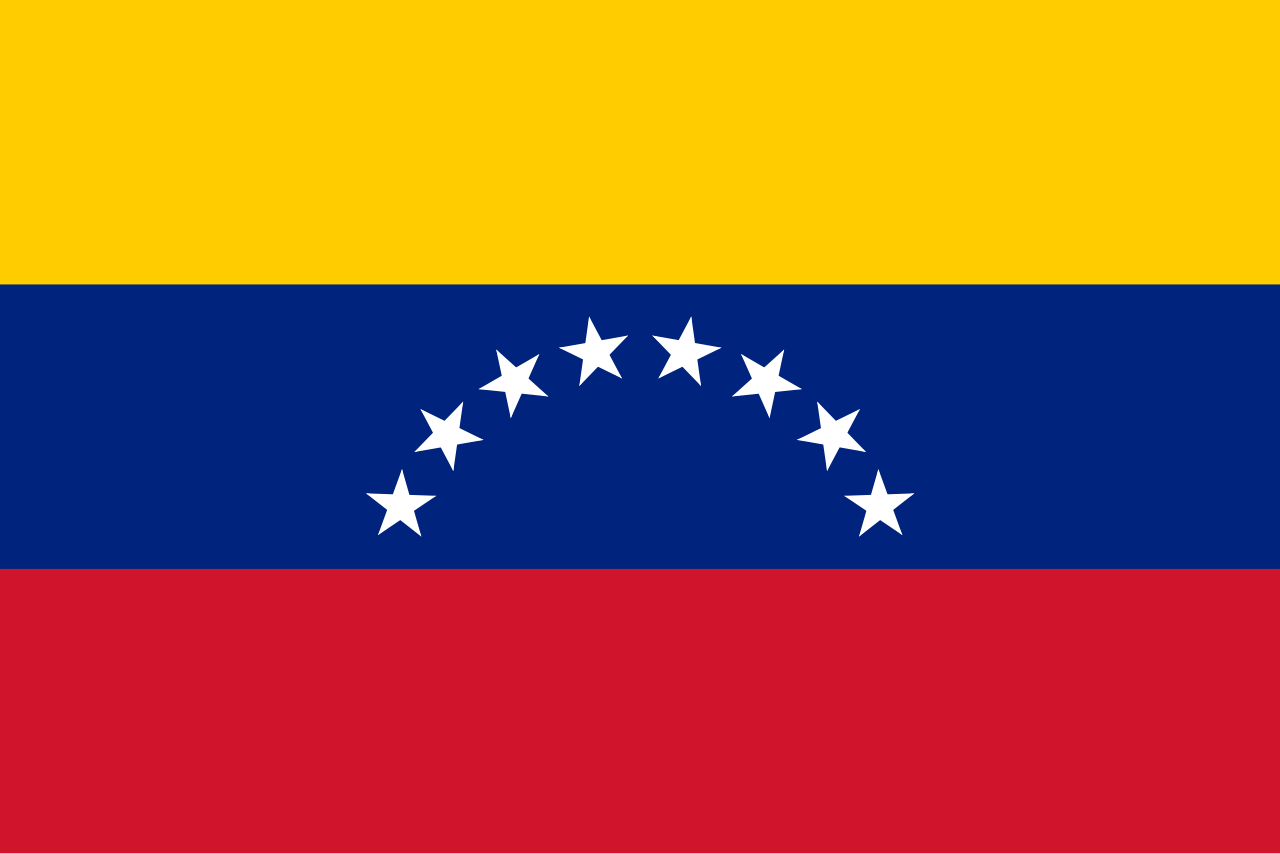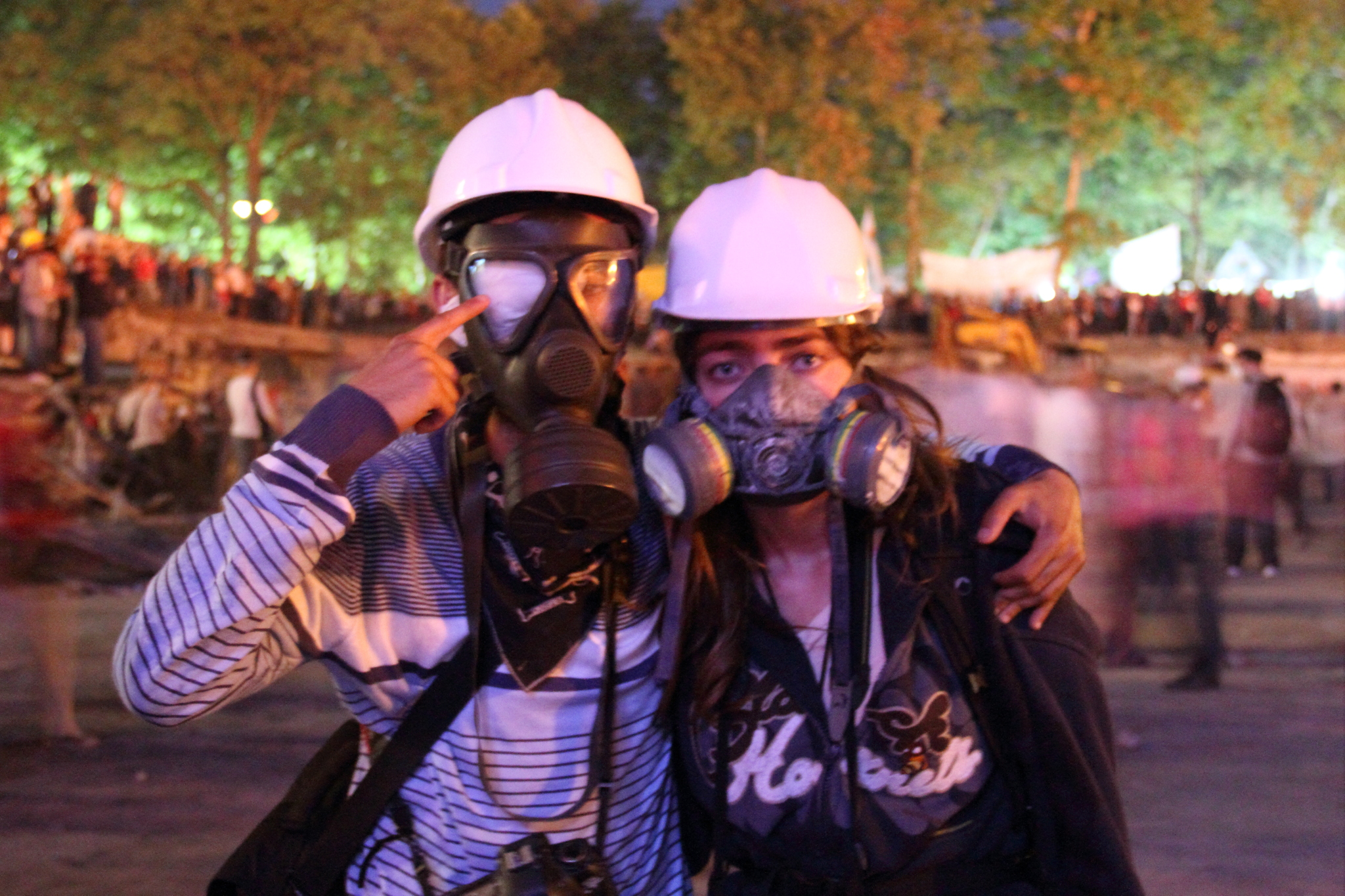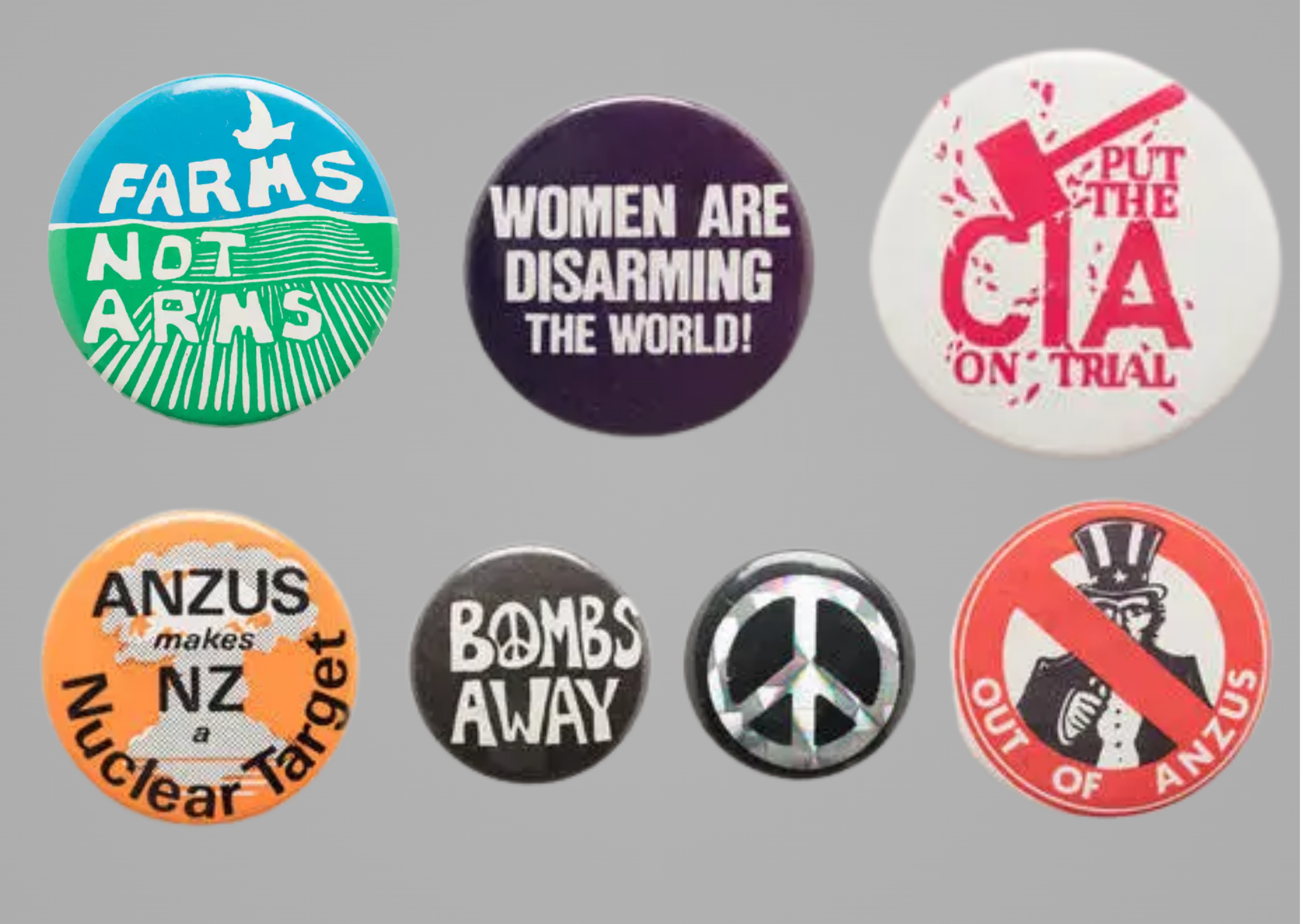Vijay Prashad has been an important intellectual in the Global South. His reporting has challenged mainstream narratives. But the Marxist intellectual who had written some of the most important works on the Global South in recent times – such as The Darker Nations, No Free Left, Washington Bullets and Untouchable Freedom – has rebranded himself as an apologist for dictatorial forces of the Global South, most notably in China and the Middle East. While in China, Prashad supports the CCP, in Syria, his allegiances lie with the criminal Assad regime. The same was the case with the Russia-Ukraine war, where Prashad took a position critiquing NATO and rightly positions the war as being one between the NATO countries and Russia. However, he had little to say about the invasion in itself. This nuance is the one that shields Prashad from searching political criticism, and also gives him credibility among much of the left in the Global South.
The character of the mainstream left in South Asia, and India in particular is an important point. Prashad’s political and ideological vantage points are located within the CPI(M), which because of its scale of operations and memberships leads the mainstream South Asian left in many respects. It is a relatively well-organised party, with a good electoral base which often makes it the only viable left-wing parliamentary force in the country.
Prashad’s attitudes to Indian domestic politics, where he has often criticized the Islamophobia of the BJP, contrast with his views on international politics. The Chinese state, for example, are oppressing the Uyghurs and denying religious and civil liberties. But Prashad consistently minimises, or even supports, Chinese state actions. China has long been one of the major blind spots of Prashad. For many like Prashad, the CCP is a vanguard party that is entrapped within a struggle where it is the victim of US imperialism, which warrants that everybody on the left should look the other way when China does anything that is non-Marxist in nature because it is doing so for its own preservation. Apologists for the CCP largely view it a force of liberation which over time would lead the Global South to a socialist transition. But what they do not realise – despite what has happened in Hong Kong and in Taiwan and in Tibet and in Iran and in Sri Lanka; the list goes on – is that most state socialist tendencies globally have gone on to become dictatorial regimes – think Stalin and the USSR. They largely see China as a transition stage between full-fledged socialism and market socialism. They do so, however, without justifying the validity of the two-stage theory in itself, which has often been critiqued by many Marxists of repute (examples can be Paresh Chattopadhyay and Kevin Anderson).
Prashad’s stands and writings come from a proto-Stalinist framework where he sees the USSR under the Stalinist regime and the current China under the capitalistic CCP as being an accelerator in the struggle for global socialism, often at the expense of doing away with cultural heterogeneity and diversity. This is despite the fact that some of his most early works were based on the same theme focused on South Asians in the United States. His denialism of the exploitative nature of the CCP and its positions on Taiwan and the Uyghurs facilitate Islamophobia. Labelling a charge of Islamophobia on Vijay Prashad however is not that simple, because Prashad, for all that matters, has been a very vocal critique of the Modi regime’s Islamophobia. So his criticism is selective and inconsistent. Prashad has been known to suggest that cultural exceptionalism is often a hindrance to economic development while speaking of the Uyghurs, while he has actively promoted secularism and diversity in India. While he analyses the oppression of the Uyghurs as a conspiracy by the US media, he also decided to be rather silent for the rights of Tibetans, but at the same time becomes an active supporter of organisations such as Hamas and Hezbollah on the grounds that they are fighting the good fight against US imperialism. This is a contentious point to raise at this context, but as Marxists, we need to realise that organisations such as Hamas or Hezbollah are not socialist, or even secular organisations. The allegiances of Marxists need to be with the people of Palestine and Lebanon, they need to be with the common people who are struggling for liberation. Organisations such as Hamas and Hezbollah are only a small part of a contested and diverse Palestinian and Lebanese resistance.
While Prashad has come to reject the US brand of intercontinental dictatorial tendencies, he has not yet come out in blatant refusal of the material imperialism that characterises China and the religious imperialism that characterises states such as Iran where he rather puts the blame on the western media, which he rightly points out as being a corporate one, and pays very little attention to the issues that concern such theocratic regimes and patriarchy. He is yet to speak up substantially about the exploitation of the indigenous people in Kerala, West Bengal and Tripura, states (regions) in India where the CPM has been a ruling party for many decades.
The same was the case with his take on Afghanistan where he praises the erstwhile supposedly Socialist Afghanistan under the Soviets without taking into context that the USSR had also invaded Afghanistan. In other words, his solution for aggressive imperialism remains State Socialistic Imperialism.
But this is no solution at all. Marxism is not a dogma, but a living development from the practice of the workers and the oppressed globally, whatever regime they are struggling under. We can learn from the movement from practice that is itself a form of theory in the resistance of workers to the Chinese regime; the rebellions against states from Syria to Iran; the forces from below resisting US imperialism. Looking to the real involves looking at present day problems, not idealizing old dreams of what so-called Communist states might be. As Prashad himself concludes in his book on Communist politics in India (No Free Left) that contemporary capitalism ‘calls upon the Left to be “politically active, to throw itself into this struggle and that, to extend, to deepen and to unify the myriad struggles for concrete demands. As each struggle develops it bring a response from the bourgeoisie, and each such response clarifies the political fight that must be waged by the workers not for this or that reform but for a transformation of a system’ (p. 359). The system is not constructed only by the US or Israel but as Prashad had himself noted back in the day, also by the ethno-religious forces in the Middle East and the dictatorial tendencies in Third World countries.
Our slogan must remain: Neither Washington nor Moscow but International Socialism. And, to that list, we might add neither Beijing nor Washington.
Image credit: “Xinjiang Re-education Camp Lop County” by 牙生 is licensed under CC BY-NC-SA 4.0

